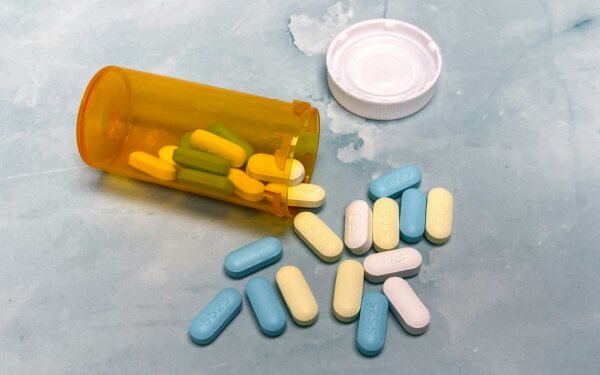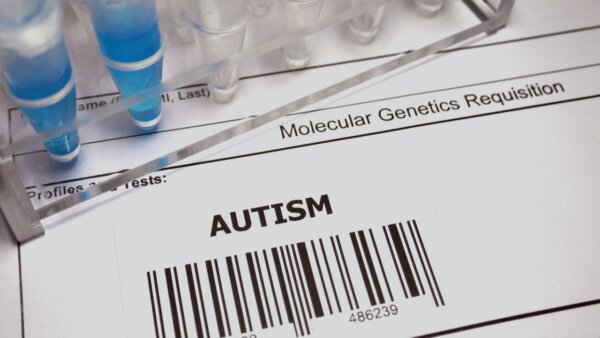Alcoholism is a chronic disease that causes people to lose control of their drinking and crave alcohol. It’s also known as alcohol dependence or alcohol use disorder (AUD).
Symptoms:
- Needing more alcohol to feel the same effect
- Withdrawal symptoms when stopping alcohol use
- Problems with relationships, work, and family
- Increased risk of cancer
- Social, economic, or health problems
Treatment medication, counseling, and behavioral therapy:
Social impact family break-up and divorce, domestic abuse, unemployment, homelessness, and financial problems.
Health impact:
- Alcohol consumption can cause health risks, even at low levels
- Alcohol-related harms come from heavy episodic or heavy continuous alcohol consumption
Neurological impact:
- Alcohol stimulates the release of serotonin, endorphins, and dopamine
- These neurotransmitters contribute to the “high” of intoxication and the craving to drink
Signs of alcoholism in teenagers:
- Loss of interest in activities and hobbies
- Red eyes, slurred speech, problems with coordination, and memory lapses
- Difficulties or changes in relationships with friends
- Declining grades and problems in school
- Frequent mood changes and defensive behavior
Treatment involves counseling, such as behavioral therapy, and medications that reduce the desire to drink. Some people need medical detoxification to stop drinking safely. Mutual support groups help people stop drinking, manage relapses and cope with necessary lifestyle changes.
Treatments:
Medical procedures – Detox
Therapies – Support groups, Aversion therapy, family therapy, behavior therapy
Medications – Sedative, vitamin, and Alcoholism medication


